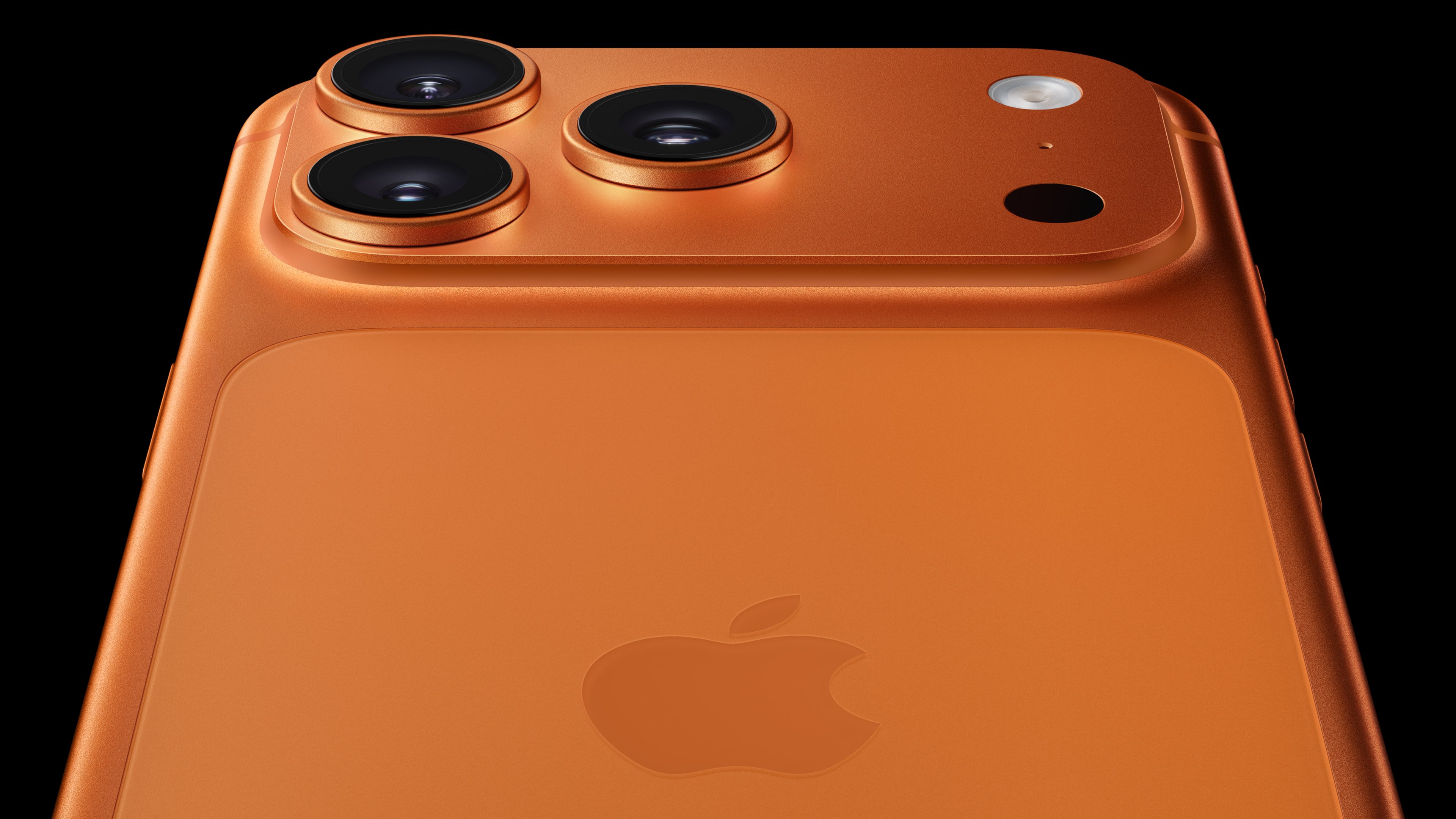"We have a long way to go and a lot to learn. But now, more than ever, we will work to leave the world better than we found it." -- Tim Cook, Apple CEO
It's inevitable for any company that's grown to be one of the world's largest will run into challenges. The bigger and more visible you are the more you become a target, not only for competitors but also for criticism from the public, environmentalists, labor groups, and even governments. Historically, what goes up must come down.
As Apple (AAPL +0.04%) has grown larger it has faced criticism you would expect at any company of its size. But the way the company has reacted to those challenges may separate it from predecessors who have reached behemoth size, both recently and throughout history.
Instead of fighting potential challenges to its image, Apple has seemed to take criticism as a way to get better and improve its brand and social standing. The company's evolution is in no small part due to Tim Cook, Apple's CEO, whose fingerprints are now all over the giant company and who may guide it to even greater success in years to come.

Image source: Apple.
The bigger they are the harder they fall
You don't have to look back too far the see the kind of criticism that comes with being a large, visible company. As Wal-Mart (WMT 1.35%) has grown larger it spent years under pressure for its labor practices, recently succumbing to pressure to pay U.S. workers a still unimpressive wage of $9 per hour. McDonald's (MCD +2.26%) also gave in to many years of public pressure to pay workers more, saying they'll pay at least $1 above the local minimum wage. The battle between labor and large corporations goes back more than a century, the most famous labor dispute probably being the Pennsylvania steel workers and Carnegie Steel Company, which ended with four deaths in 1892.
It's not just labor challenges that large companies face. ExxonMobil has gone through the Exxon Valdez disaster. Competitor BP had the Deepwater Horizon oil spill. The entire oil industry is under pressure to change fracking practices and reduce their effect on climate change.
In tech, Microsoft and Google have been sued for using monopoly powers in the U.S. and abroad.
The list of challenges for big companies goes on and on and the point is that any large company seems to come under pressure from one place or another. And they usually respond by digging their heels in and fighting change from the status quo.

Maybe Apple can play a role in getting America to get up and move. Image source: Apple.
Why Apple is different from previous behemoths
Apple hasn't been immune to challenges over the years. It has come under pressure for its contractor's labor practices in China and chemical usage in its products. But it's the reaction to that criticism that seems starkly different from how large companies have acted historically. It has demanded better working conditions and wages for workers at Foxconn and even begun moving some production back to the U.S.
Where it's having an even bigger impact is in the U.S. By the end of 2016, when it will begin buying solar energy from First Solar's (FSLR 6.61%) new power plant, the company's U.S. operations -- including retail stores and data centers -- will be powered 100% by renewable energy.
From Macbooks to iPhones, the company has made an effort to reduce toxic chemicals within its products. But it may be the functionality of its newest products that tells us the most about how Apple views its place in the world.
Apple Watch and the future of Apple
If you watch the Apple Watch Keynote you'll notice that in the opening Tim Cook gave CarPlay and HomeKit a mention, but most of his focus was on the Health app and ResearchKit. In fact, on a day when the world was watching for more details on the Apple Watch, ResearchKit got 12 minutes and 35 seconds of a 95-minute presentation. And the product will be open source, something Apple rarely does. Add to that the time Apple spent toting the Apple Watch's health benefits and it's obvious that health is a huge focus for Apple.
Apple's focus on making its consumers healthier and making medical research easier seems almost counter to what a big company normally does. It seems like in the past big companies have lost focus on their daily impact on consumers as they search for ways to grow, but Apple seems to be managing that balance seamlessly under Cook's eye.
When you consider Apple's impact on education with iPads in the hands of millions of students, or the apps created for those with autism, among many other positive social impacts, Apple seems to be more conscious about its role in society than it was even a few years ago. That's a direction that few huge companies go.
Nobody's perfect
For all of the positive steps Apple has taken, it's not without challenges. Working conditions and wages at its contractors' facilities in China are still deplorable by American standards. Products are still using materials that are toxic to the environment and recycling programs can always be improved.
But as an investor I find it comforting to see Apple taking steps to improve in areas where it receives criticism and proactively develop products that seem to serve a positive social purpose. Maybe it's just following where the tech industry is going or maybe it's setting a positive example. No matter what it is, I think Apple has handled its size better than any company I can think of historically.
As Apple's leader, Tim Cook plays a major role in blazing that path forward and I can't help but see how he seems to be having a positive impact on the company since he took over from the company's iconic founder four years ago.






